Mushroom farming is one of the farming that holds high prospect but has never gained ground in Nigeria so far. Whether you decide to grow your mushrooms in your garden (for private consumption) or in a big farm (for commercial use), it is important that you know some important steps to take when growing mushroom.
Few that are into mushroom farming are making serious money and the process of starting mushroom farm is quite simple. Another good thing about mushroom farming is that it is not capital intensive and the demand for edible mushrooms is quite high in the market. You can be making as high as two million every 3 months if you take up mushroom farming now in commercial quantity.
A mushroom is a kind of fungi that grows on the soil or on the body of its food, usually decaying tree trunks. It is the fleshy part of the fruiting body of a fungus. Aside from the delicious taste of edible mushrooms, it also has numerous health benefits. The button mushroom can help in reducing weight, shiitakes are known to fight tumors, the chanterelle contains a reasonable amount of vitamins, while the oyster is currently being studied as a possible cure to HIV. All these are the health benefits of mushrooms and many more.
Before we discuss the various steps involved in growing your own mushrooms, here are a few facts about mushrooms you should know.
-
- Mushrooms mostly grow in moist or damp places. In other words, it needs water to grow.
-
- It must be grown where there is shade to protect it from wind and sun.
-
- It also needs oxygen for survival.
-
- Not all mushrooms are good for consumption. Some species of mushrooms are toxic, some are poisonous, while some are edible.
There are four categories of mushrooms. They are:-
Saprotrophic: These are the types of mushrooms that grow on decaying wood, plants and animals. Saprotrophs contain acids and enzymes that help to decompose or break down dead or decaying tissues for their absorption.
Examples of such type of mushrooms are Oysters, Shiitakes, Morels e.t.c
Mycorrhizal: This category of mushrooms are difficult to cultivate because of their nature. Mycorrhizal mushrooms have a kind of symbiotic relationship with the trees and plants they grow on. That is, the mushroom and its host derive mutual benefit from each other. This is so because, the mushroom weaves its mycelia into the root of the tree or plant, and by so doing, contributes extra moisture and nutrients to the tree, while getting sugars such as glucose from the plant in return.
Examples of Mycorrhizal mushrooms are Chanterelles, Porcini and so on.
Endophytic: What distinguishes the Endophytic mushroom from the Mycorrhizal is the fact that it is easier to cultivate. It can be grown in the absence of its host. The endophytic mushroom partners with its host, providing it with nutrients and resistance to pathogens.
Parasitic: The parasitic mushroom’s relationship with its host is one-sided. In that, the host suffers from infections of the mushroom until it dies.
The Honey fungus, Caterpillar and Lion’s mane are all good examples of parasitic mushrooms.
In growing your mushrooms, you must chose some of the best species according to the market demand and your environment. Here we present to you some of the most desirable edible mushrooms you can start your mushroom farming with.
Choose Edible Species For Mushroom Farming
Like I said earlier, not all mushrooms are edible. So, the first step in growing your own mushrooms, is to identify the species that are good for consumption.
Some varieties of edible mushrooms that you can choose from are listed below.
Chanterelles (Cantharellus Cibarius)
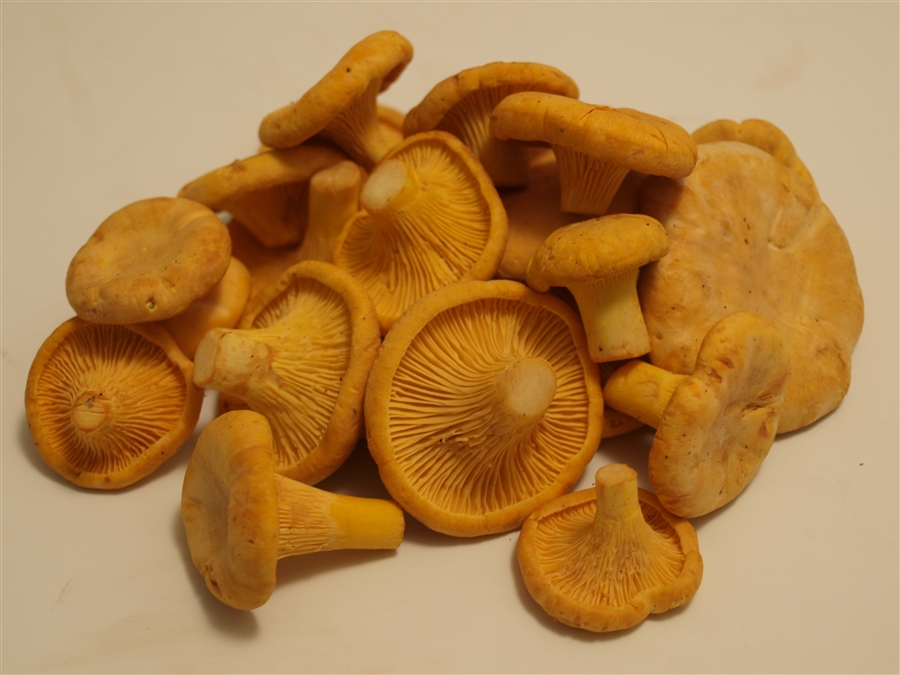
Shiitake (Letinula Edodes)
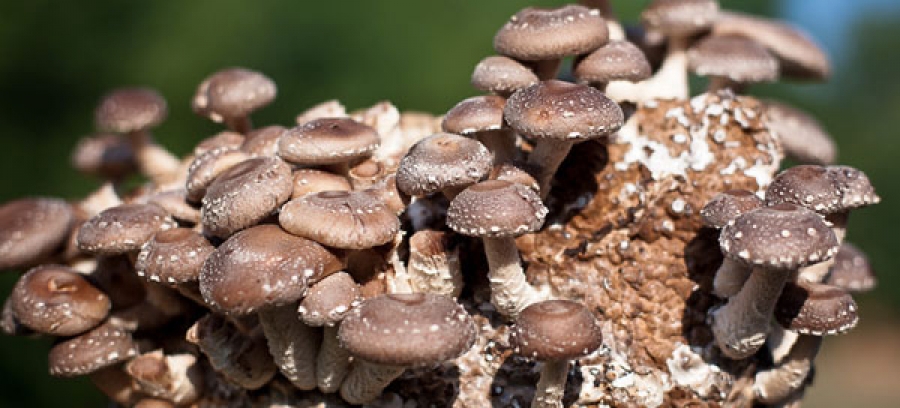
Morels (Morchella Esculenta)
Oysters (Pleurotus Ostreatus)
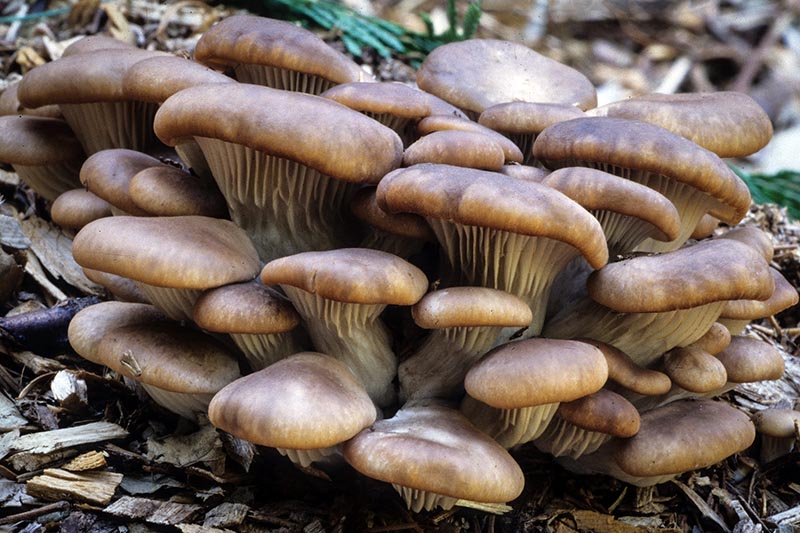
Decide On The Medium To Grow Your Mushroom
There are two mediums that you can use in growing your mushroom. You can grow your mushroom on sawdust or straw, or you can cultivate it on a log wood.
If you are growing your mushrooms on saw dust, you must do the following:
Step 1: Ensure that the sawdust or straw is free from micro-organisms or anything that may disturb the growth of the mushrooms.
Step 2: Spread your medium into a container that can provide enough room for proper growth of the mushrooms.
Step 3: Mix the mushroom spawn with the medium inside the container.
Step 4: The mushroom spawn needs a certain amount of heat to enable its roots settle in the medium. Therefore, you must heat the container with the mushroom spawn and the medium or place it in direct sunlight for a while.
Step 5: After heating the medium and the spawn, the next thing to do is to put the mixture in a dark room. It could be a cabinet or drawer, but it must be a darkened environment where the temperature is not too high.
Step 6: When you have done all that you need to do, you must leave the mixture in the drawer or cabinet for about three to four weeks for it to grow. Meanwhile, cover the mixture with soil and continue to spray with water to keep it damp even as the mushrooms grow.
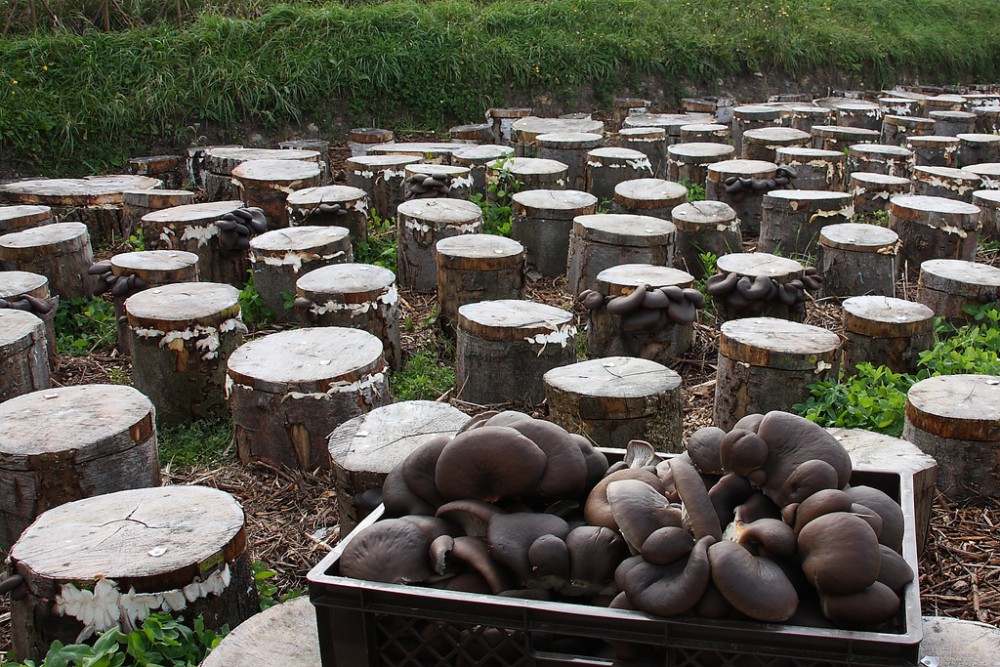
But in the case of a log, you must make sure the wood is safe for the growth of your mushrooms, cut holes into the wood and then introduce the mushroom spawn into the holes in the log wood. After which, you will have to put the log under a shade, with continuous spraying of water until the mushrooms start to develop.
Whatever medium you decide to use in cultivating your mushrooms, you must make sure you put all the measures that I have discussed in place and you can be sure to have a bountiful harvest of mushrooms at the end of the day.



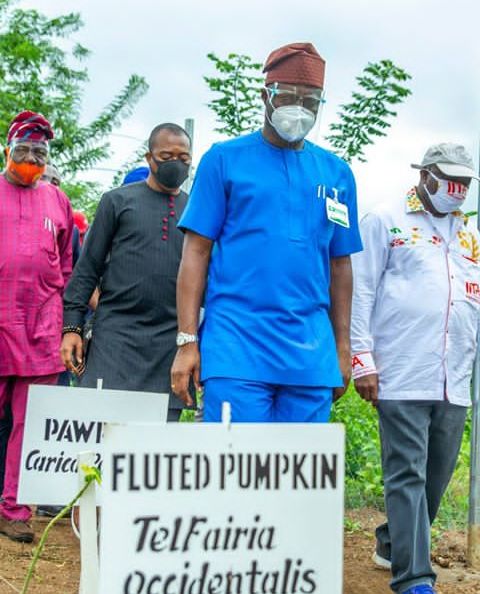

Leave A Comment